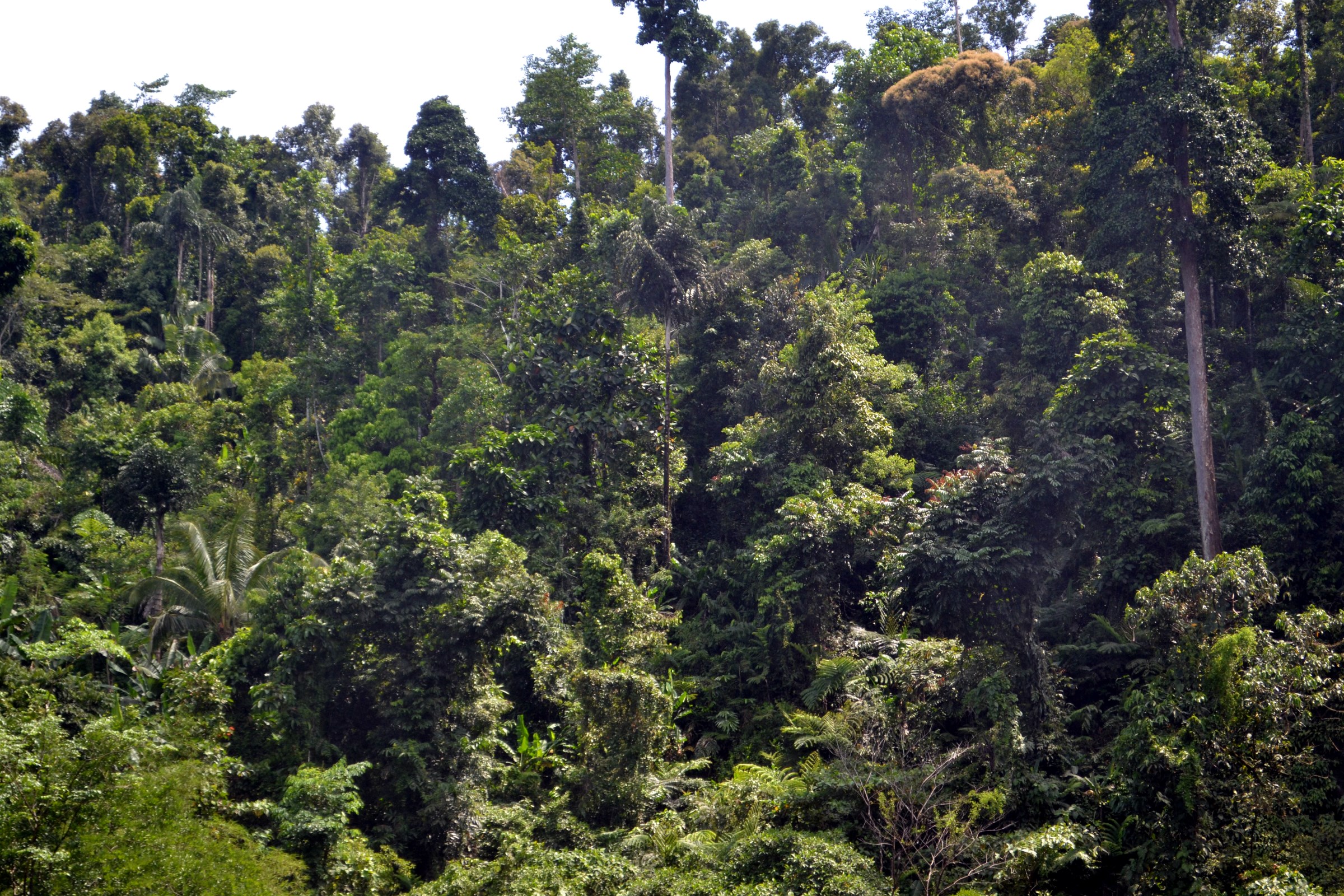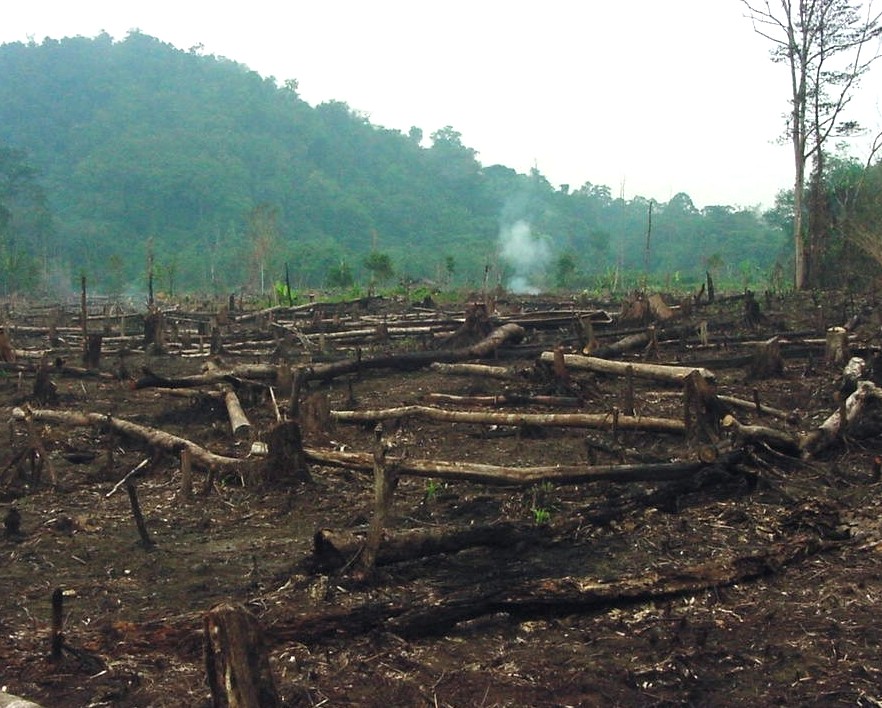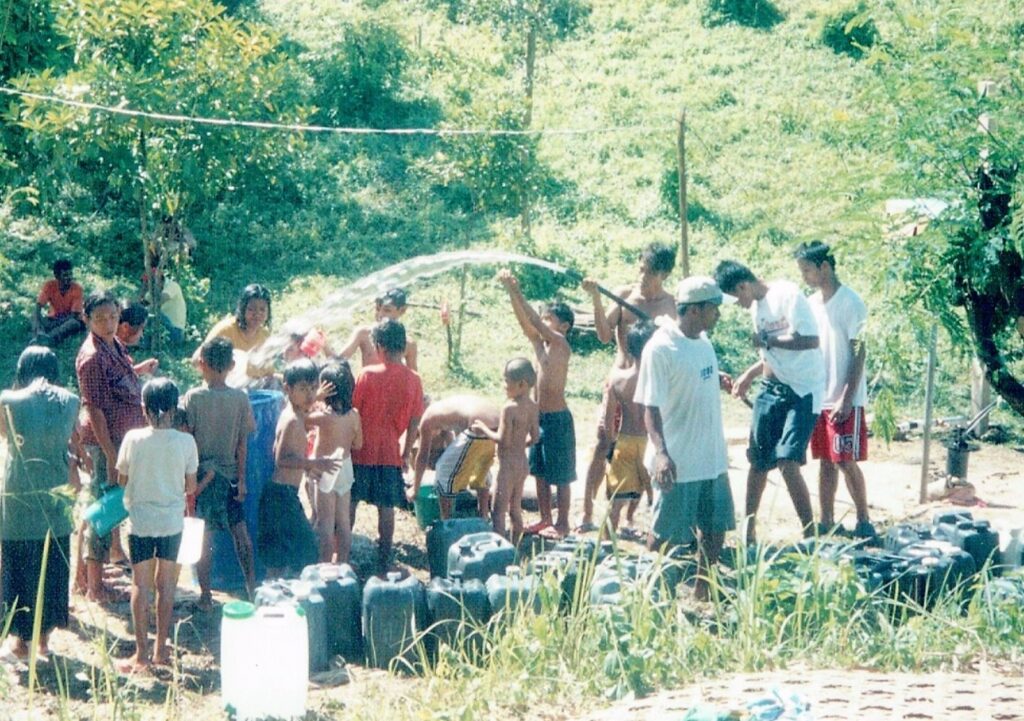Text and Photos by Henrylito D. Tacio
“There should be strict compliance with the Watershed Code of 2007, as the Code protects and manages the different watersheds of Davao, particularly the conservation and agroforestry-non-tillage areas.”
Such was one of the propositions of the Green Agenda 2022 of the Davao-based environmental groups that was presented during a forum held last Friday (October 21) at the Grand Men Seng Hotel. They are hoping that the policy recommendations would be adopted by the current city council.
From time to time, Davao City is confronted with water issues: either there is too much water or no water at all. Both have something to do with the deterioration of watershed areas.
Davao City has eight watershed areas, including the Talomo-Lipadas watershed located in Toril District. “These watersheds are natural reservoirs for the pristine potable water that has been certified as one of the world’s cleanest drinking waters,” said the environmental group Interfacing Development Interventions for Sustainability (IDIS).
“The Watershed Code should be implemented to, among others, curb the expansion of agriculture in critical upland areas of our watersheds,” the agenda explained. “This includes the strict implementation of the new ordinance regulating recreational activities within the watershed areas.”
Studies conducted by the Laguna-based Philippine Council for Agriculture, Aquatic and Natural Resources Research and Development (PCAARRD) showed that most watershed areas in the country are now devoid of their forest cover. As a result, accelerated soil erosion, flash flooding, and drought have become more prevalent, causing much destruction.
Davao City, the country’s largest city in terms of land area, is not spared from deforestation. In 2020, the city lost 398 hectares of natural forest cover, according to the Global Forest Watch.
The agenda urged that the city’s forest lands should be protected in accordance with the mandate of the Watershed Code.
“Davao City should ensure the protection of its existing forestland and expand these areas to achieve the ideal rate of 30% forestland versus the total land area,” it pointed out. “Reforestation programs should utilize diversified indigenous tree species. It should also ensure to avoid illegal activities that will affect the integrity of these forests.”


Aside from providing water, trees also help minimize the impact of climate change. “Forests produce large amounts of oxygen and absorb large amounts of carbon dioxide, helping cool the Earth,” the agenda explained. “They provide us with important products including food, medicine, shelter and warmth.”
As for water, the environmental group urged the city council to implement the Davao City Water Code. For the record, Davao is the first and only city in the country to have such a code.
The agenda believed the Water Code “is crucial in protecting the city’s freshwater resources – groundwater from aquifers and surface water.” But they lamented the said water code has never been implemented for the past six years due to the absence of implementing rules and regulations.
“Davao is a bustling city with a population of around 1.7 million,” the agenda noted. “With its growing population, the demand for clean and accessible water supply also increases, such that policies protecting the integrity and availability of water supply are crucial.”
It is not enough to have water supply but the quality of the water as well. “There should be a stringent implementation of the Clean Water Act,” the agenda said, referring to Republic Act No. 9275, which protects water bodies from land-based sources of pollution such as industries, mining operations, agricultural works, and community household activities.
Under the Clean Water Act, the designation of a water quality management area (WQMA) – which should be managed and protected – is already provided. Although Davao and Talomo Rivers already have WQMA, this does not hold true for other critical rivers in the city, including the Panigan-Tamugan.
As such, the agenda urged that WQMA should also be established in other existing rivers of the city to protect them from deterioration and other impending threats.
Water quality management is not possible if a sewerage system is not properly applied in the city. “A centralized septage and sewerage system should be established,” the agenda urged.
Earlier reports showed the Talomo-Lipadas watershed – the city’s current source of drinking water – is being threatened with increasing livestock and poultry farms along its area.
“Livestock farms that are planned to be located near the watershed areas should not be allowed as it will contaminate the source of drinking water which would eventually lead to health issues, especially among the young and vulnerable,” the agenda pointed out.
The agenda also urged the mainstreaming of the Rainwater Harvesting Ordinance.
“Rain is a freshwater resource that should be maximized to reduce the depletion of groundwater, improve the quality of our groundwater, and arrest seawater intrusion,” the agenda explained.
“Collecting rainwater directly or recharging it into the ground to improve water storage in the aquifer would help ensure a steady supply of water for our children,” the agenda said, adding that “incentives should be given to establishments that have the facilities and fully utilize rainwater harvesting.”

Aside from clean water and sanitation, other issues included in the agenda were climate action, disaster resiliency, sustainable agriculture and food security, waste management, air quality, good governance, and people’s participation.
“Environment protection and utilization are much a legislative work,” said Atty. Jason Cunanan, on behalf of Vice Mayor Atty. J. Melchor Quitain, Jr. during the opening of the forum.
At the end of the forum, Councilor Atty Luna Acosta said, “The city council will do its part to help create regulations and policies that will make Davao City not only environment-friendly but also sustainable in the long run.”
Aside from Atty. Acosta, the two other councilors who attended the forum were Temujin Ocampo and Bonz Militar. Representatives from the office of councilors Abella, Abellera, Advincula, Bonguyan, Braga, Ibuyan, Jafar, Justol, and Villafuerte were also present.
Aside from IDIS, the Green Agenda 2022 was also supported by Sentro ng Alternatibong Lingap Panligal (SALIGAN) – Mindanaw and Sustainable Davao Movement.

